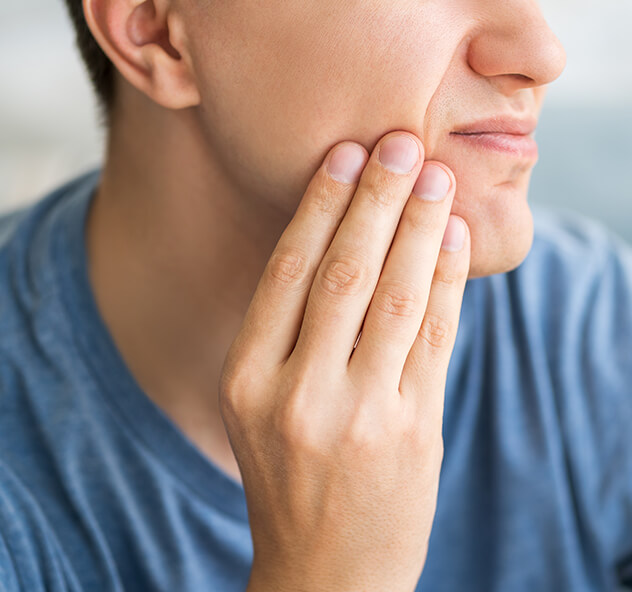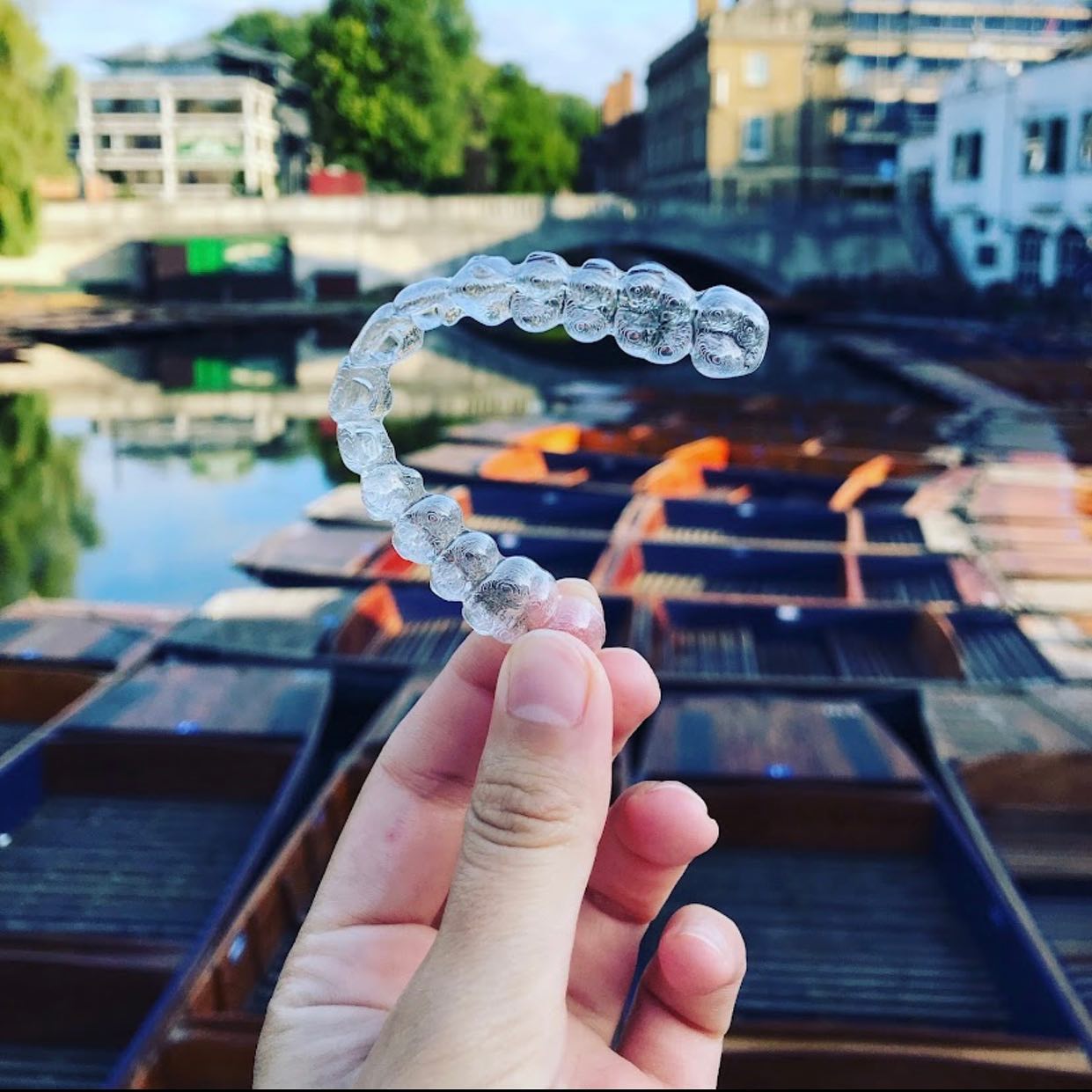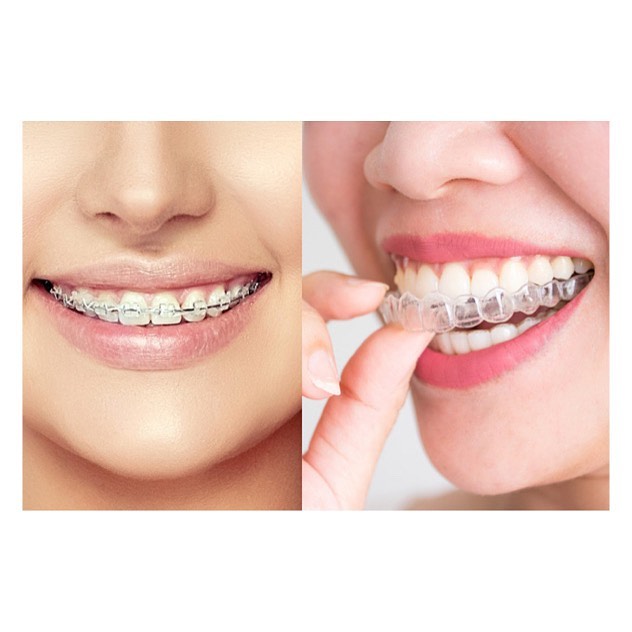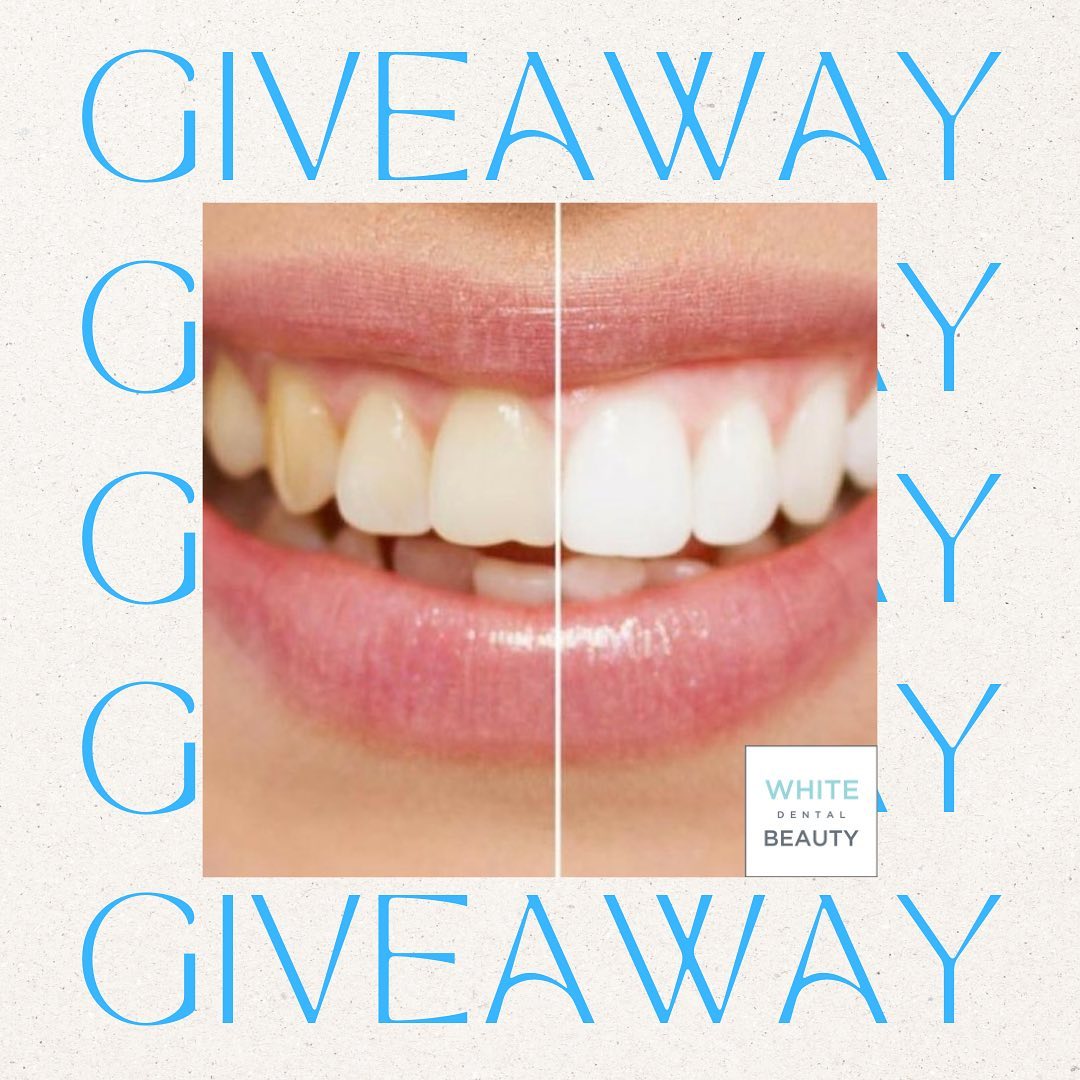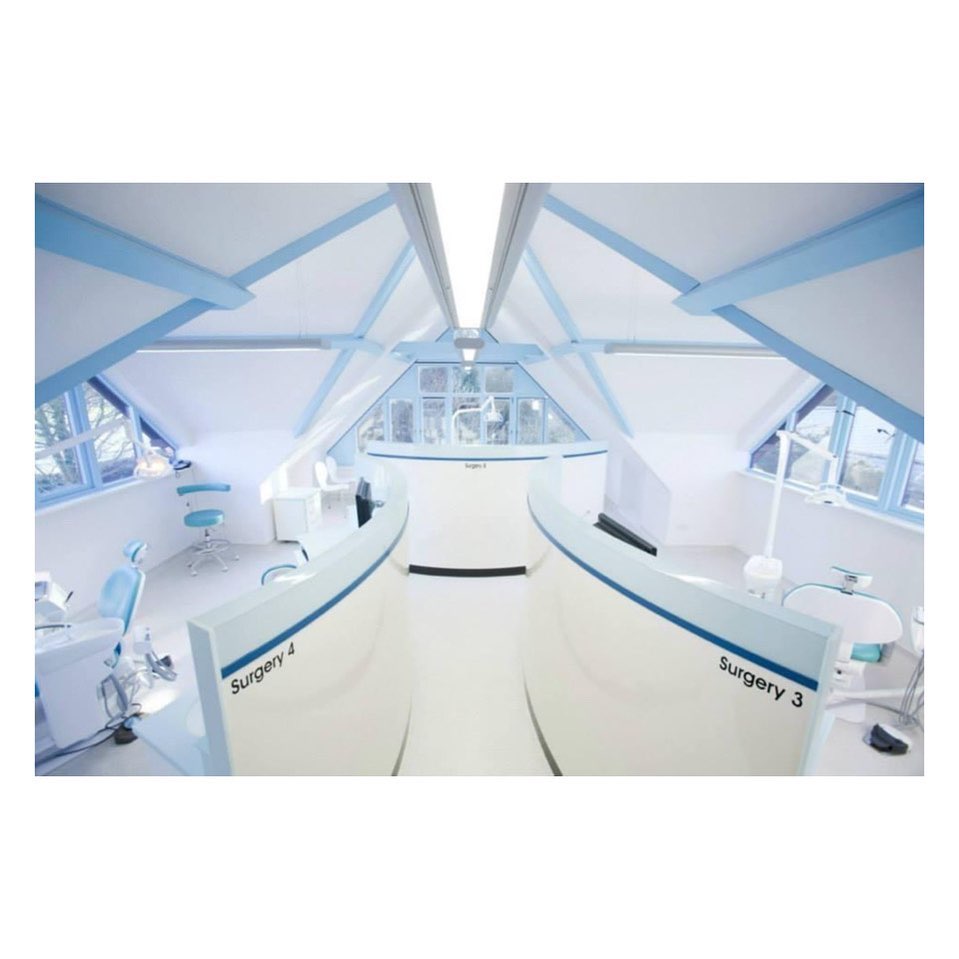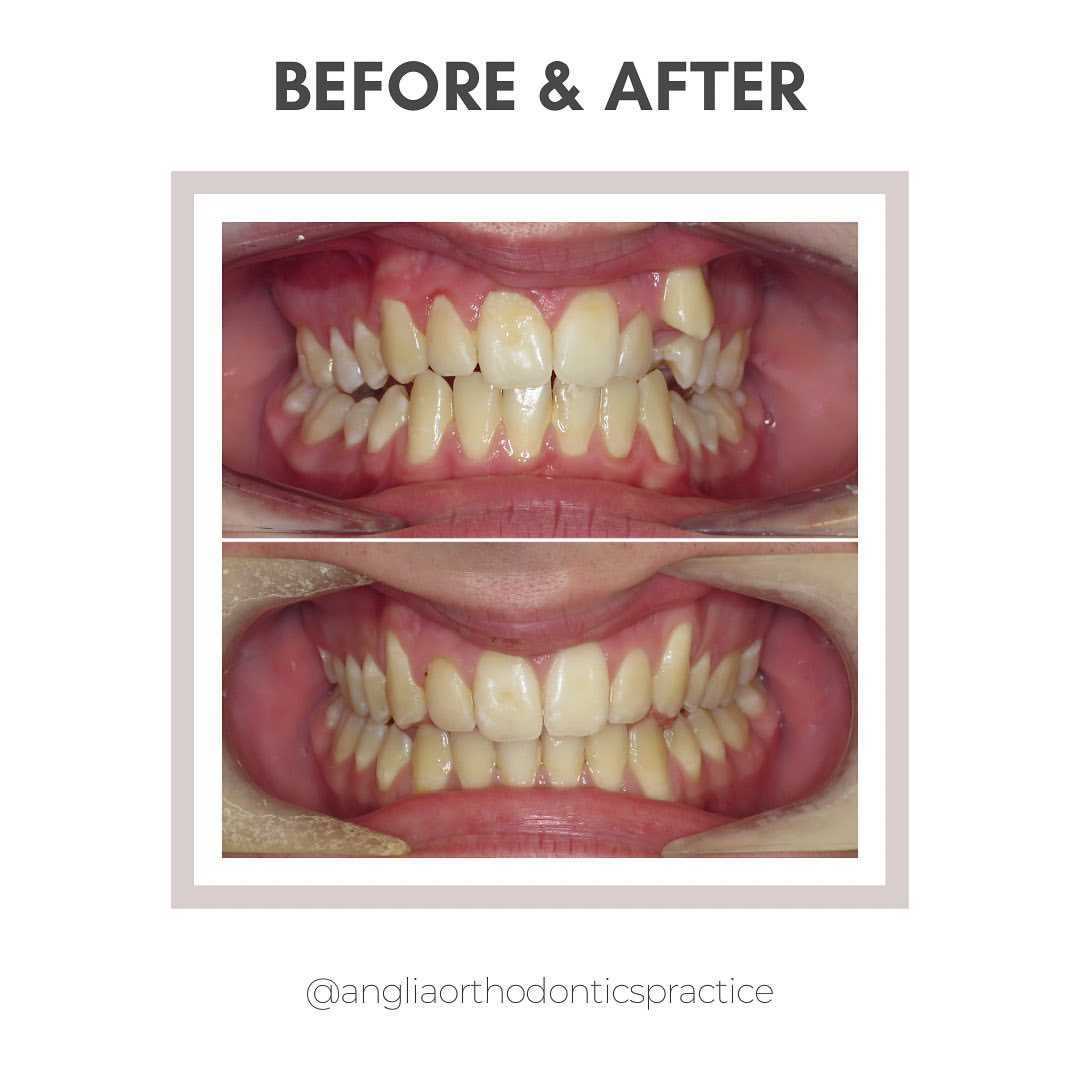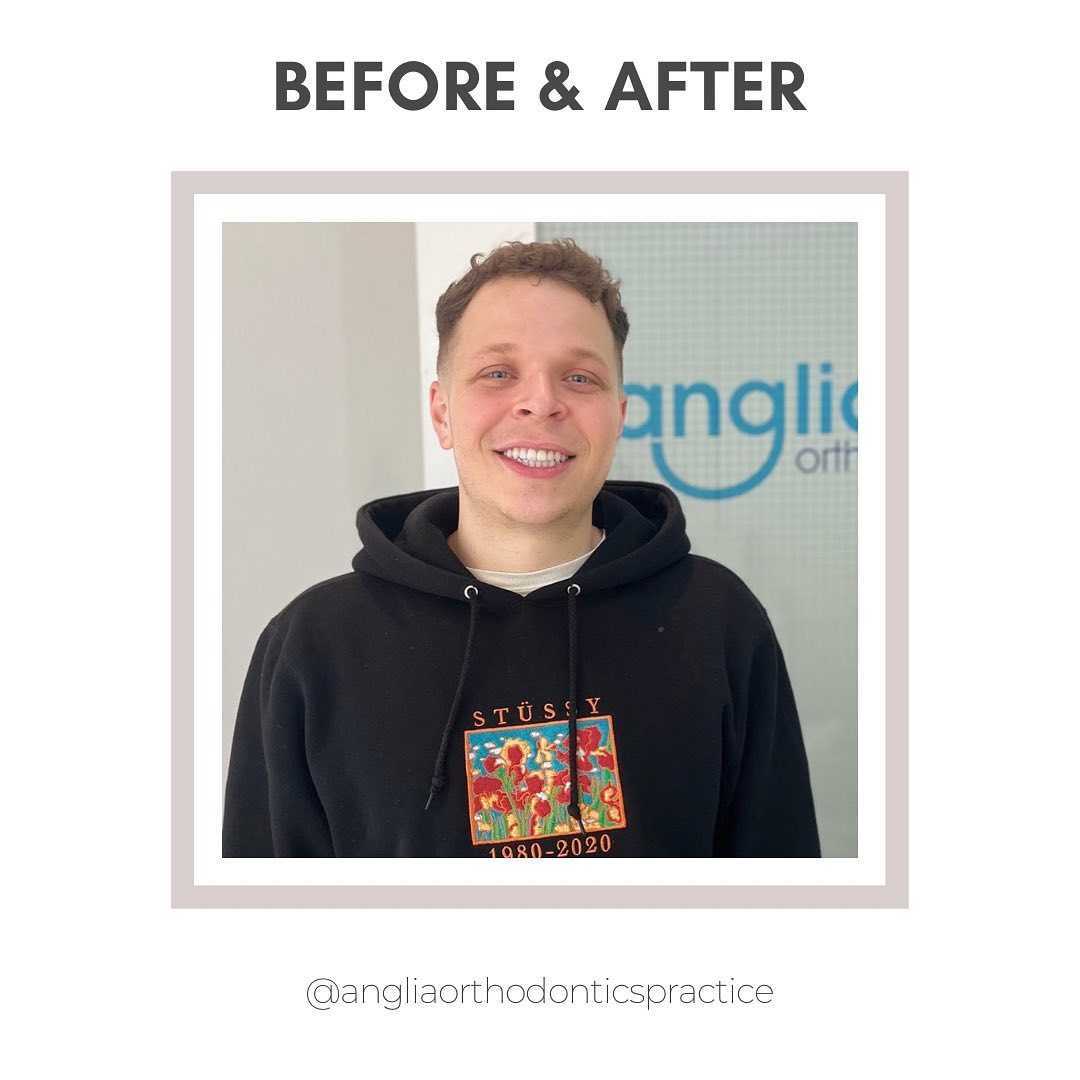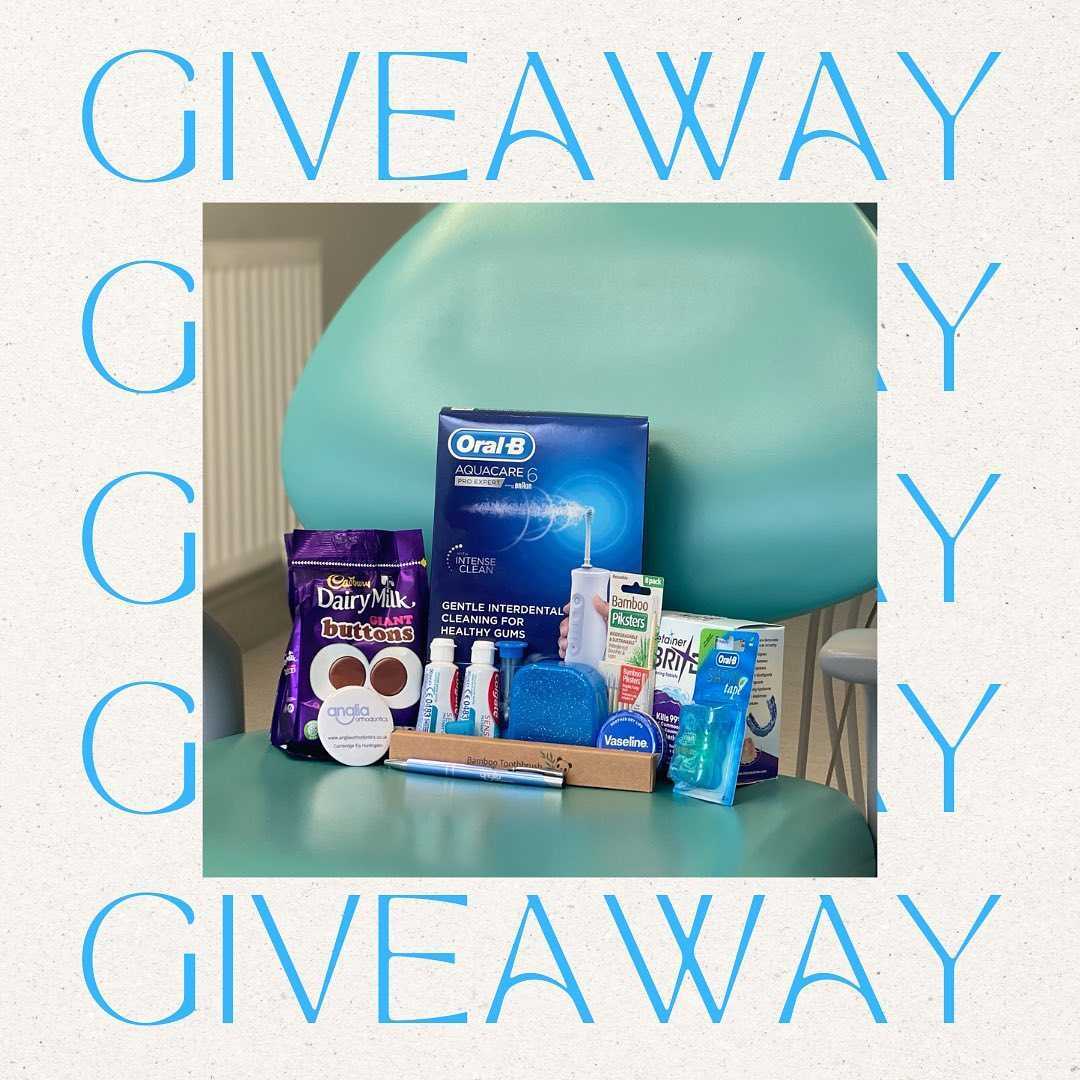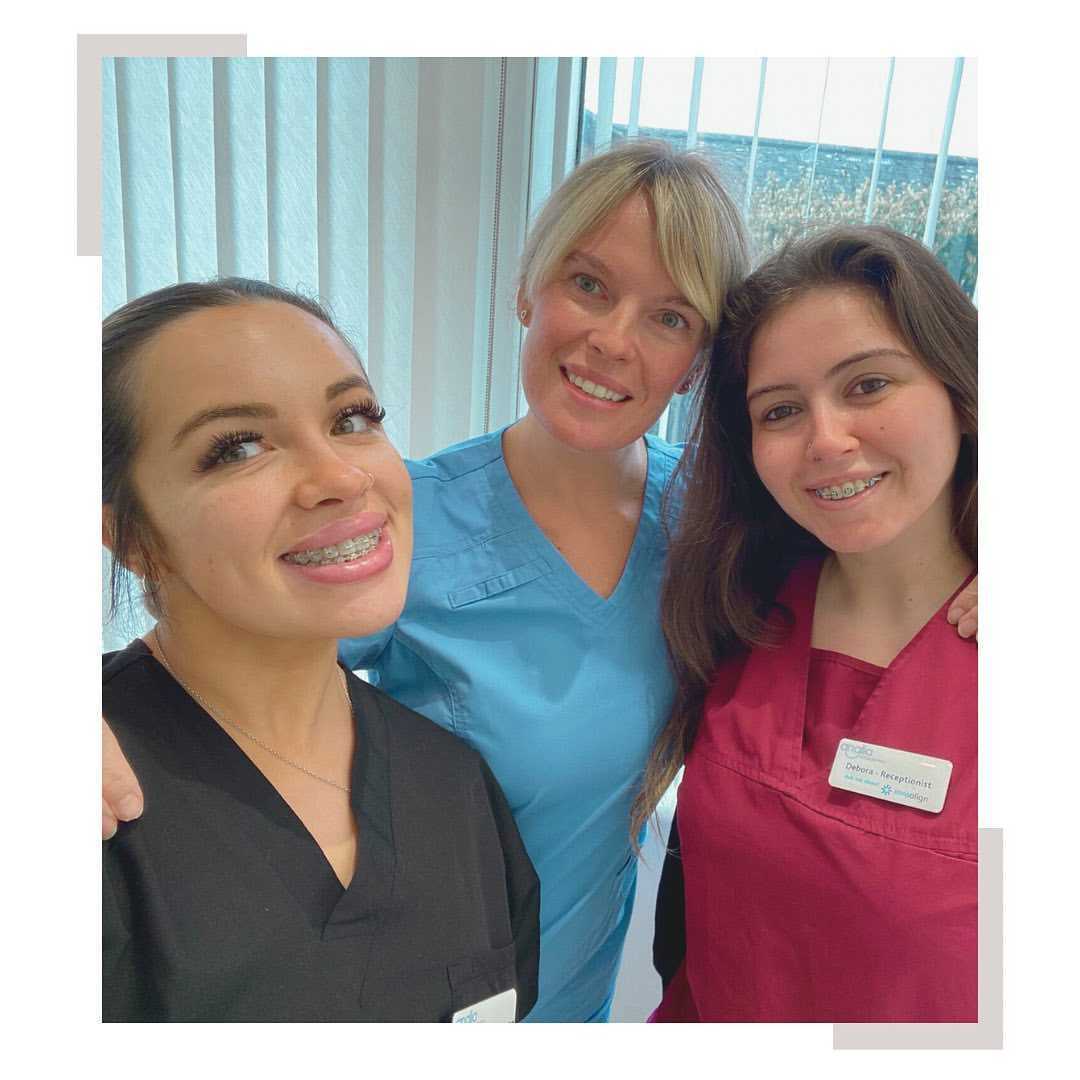
Handling your urgent orthodontic needs
Fortunately, true orthodontic emergencies are very rare, but here is some advice on some of the problems you may encounter with your appliance and what you can do.
Generally, we advise you not to attempt to treat an orthodontic emergency yourself. If you feel uncomfortable or unsure, please contact the practice during normal working hours and we will book you an appointment.
If you have a genuine emergency outside of practice hours (i.e. pain or a wire digging in that cannot wait to be treated), please contact:
OUT OF HOURS DENTAL ACCESS CENTRE: NHS Direct: 111 or use the NHS England website: www.nhs.uk
Urgent Orthodontic Advice
- FOOD CAUGHT BETWEEN THE TEETH
This is not considered an emergency, but it can be uncomfortable. It can easily be fixed by using a piece of dental floss and interdental brush to dislodge the food caught between the teeth and braces. - LOOSE OR BROKEN LIGATURES
Ligatures are the small rubber bands or small, fine wires that hold the wire to the bracket. If a ligature comes off, you may be able to put it back on or remove it with clean tweezers.
If the wire ligature is sticking into the lip, it may be bent back down with a pencil eraser to eliminate the irritation (this would need to be done very carefully/gently to avoid breaking the brace). When a ligature pops off or breaks, others may follow. Missing or broken ligatures should be brought to the attention of the orthodontist - please contact the practice. - DISCOMFORT
It is normal to have a little discomfort for a few days after braces are fitted or adjusted. The level of discomfort will vary from patient to patient and can make eating difficult. Eating a softer diet and taking a mild painkiller is recommended, such as the ones you would normally take for a headache (please see medication instructions for suitability, dose and frequency).

Further orthodontic care advice
- MOUTH SORES
Some patients are susceptible to episodes of mouth sores, where one or several areas of ulceration of the cheeks, lips or tongue may appear. This is not an emergency, but may be uncomfortable. Good oral hygiene, warm salty mouth washes and a sore mouth gel applied to these areas can aid healing and reduce discomfort. - IRRITATION OF CHEEKS AND LIPS
New braces can feel irritating to the mouth at first, especially when eating. A small amount of relief wax is an excellent buffer between the metal and your mouth. Roll a small piece of wax, into a ball (size of a small pea), flatten the ball and place it completely over the area of irritation. It is not a problem if the wax is accidentally swallowed, as it is harmless. A sore mouth gel can be applied to any ulcers or abrasions for comfort-ask any pharmacy. - LOOSE TEETH
Do not be surprised if teeth feel loose during orthodontic treatment. Teeth can often feel loose due to the way in which the teeth are being moved into their new position. - ELASTICS
If you run out or lose your elastics please ring us to send another packet in the post, try to give us the packet colour.

What should I do if my brace has a protruding wire?
The end of a wire might work itself out of place and cause irritation to the surrounding soft tissue. You may use a pencil eraser to push the wire so that it is flat against the tooth. If the wire cannot be moved into a comfortable position, cover it with relief wax.
If the wire is causing discomfort or trauma, please contact us for an urgent appointment for the wire to be either trimmed or repositioned.
If the wire is extremely bothersome and the patient is unable to see the orthodontist any time soon (i.e. you are out of the country on holiday/business) you may as a last resort clip the wire. Reduce the risk of swallowing the snipped piece of wire by using a folded tissue around the area. Using a pair of clean, sharp clippers, carefully snip off the protruding wire.
If the wire is protruding but not causing discomfort, it is best left until your next appointment.

What if I have a loose bracket or broken hook?
LOOSE BRACKETS
Brackets are the parts of braces attached to the teeth and are generally positioned in the centre of each tooth. The bracket can be knocked if the patient has eaten hard, chewy or crunchy foods that we advise to avoid. If the loose bracket has rotated on the wire and is sticking out, gently with your finger or clean tweezers, rotate the bracket back into the correct position to alleviate discomfort.
Broken brackets can prolong your treatment so it is important that you call us as soon as possible as a new bracket will need to be bonded to the tooth.
BROKEN HOOKS
Some wires have hooks on and sometimes we will add a little hook to the brace. These hooks are used to secure elastics, used to correct the bite or elastic chain in order to close space. If the hook(s) break off you should phone at the earliest convenience and we will make you an urgent appointment to replace the hook. If you were wearing elastics on both sides and you are unable to wear the elastic on one side due to a broken hook, you should stop wearing both elastics until the brace has been repaired.
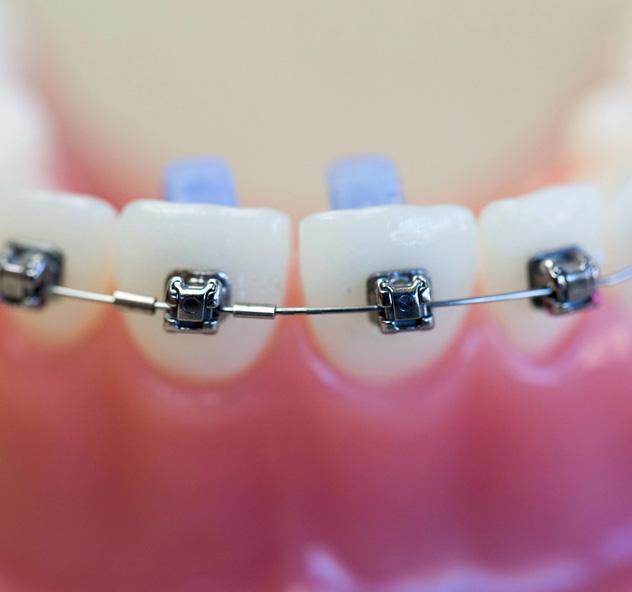
There's now a gap in my teeth and my gums are swollen - what should I do?
GAPS AND SPACES
Do not worry if you become aware of gaps and spaces that were not there previously. This is quite normal. All gaps will be closed prior to the end of treatment.
SWOLLEN & BLEEDING GUMS
During orthodontic treatment some patients will find their gums become swollen and bleed. The most common reason for this is poor oral hygiene. Usually a better tooth brushing technique, spending longer brushing your teeth and cleaning your teeth 3 times a day will help improve things. Please see our Oral Hygiene Information Leaflet for further information.
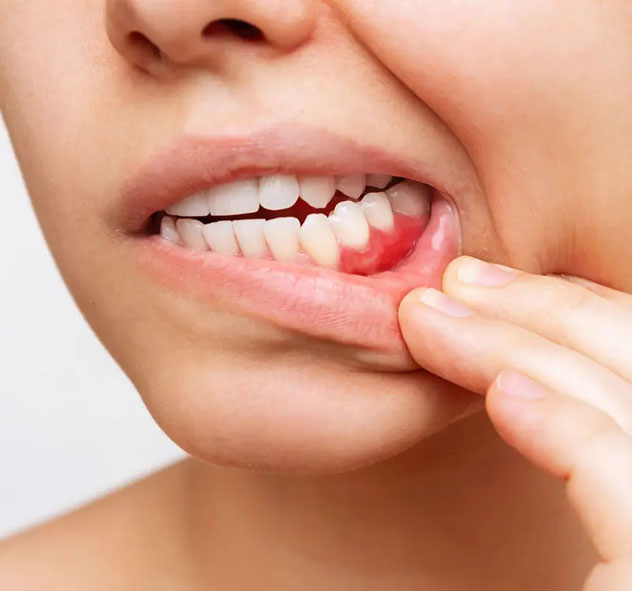
I think I've lost or swallowed an attachment! What should I do?
PIECE OF APPLIANCE IS SWALLOWED
This is rare and generally swallowing a small piece of the brace will cause no problems to the patient, but the piece of the brace that has been swallowed will need replacing. If the patient immediately begins coughing excessively or has difficulty breathing, the piece could have been inhaled. If this happens, please seek IMMEDIATE medical advice, ring 999 or go to A & E. Once the situation has been resolved, please contact the orthodontist.
MISSING ATTACHMENT
Please call us as soon as possible. We will need to know which number aligner you are on to enable us to order the template for reapplying the attachment at that stage of your treatment.
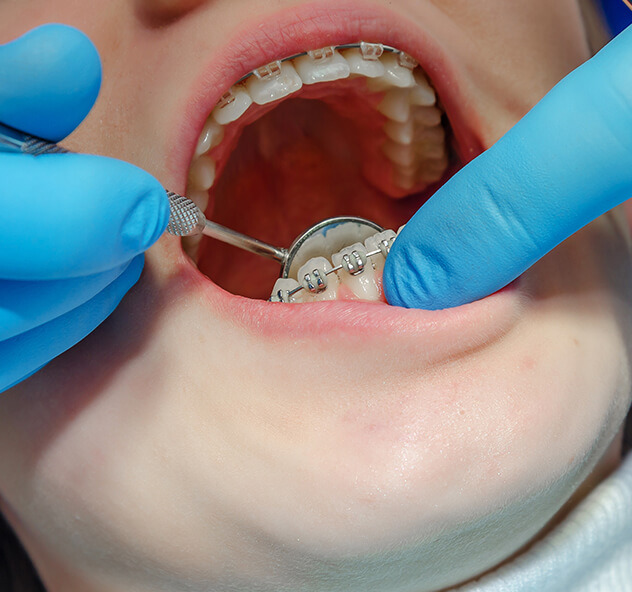
What to do if you lose or break your retainers
Contact the practice as soon as possible for us to arrange to see you to make new retainers. The longer it is left, the greater the risk that your teeth may move.
Please be aware: Your first set of retainers and removable braces are free, however there may be a charge to replace them. NHS guideline prices for replacements are £92 each - £184 for a full set (prices change every April 1st)
After the year anniversary of your first set of retainers, all replacements will be chargeable.
Our contact details